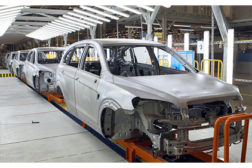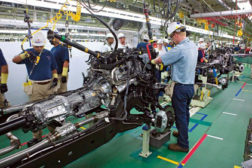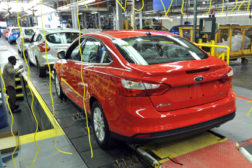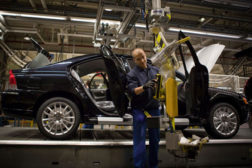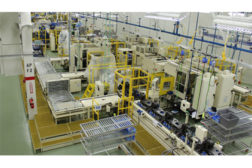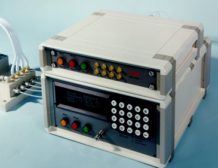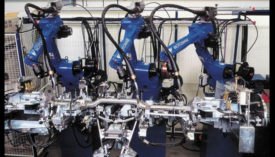Automotive Assembly
Hoffmann on Testing
Don’t be Dazzled by Claims of Superior Testing Software
January 19, 2015
Never miss the latest news and trends driving the manufacturing industry
Stay in the know on the latest assembly trends.
JOIN TODAY!Copyright ©2024. All Rights Reserved BNP Media.
Design, CMS, Hosting & Web Development :: ePublishing

